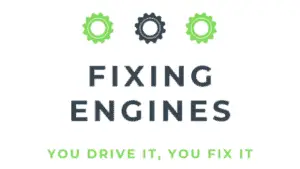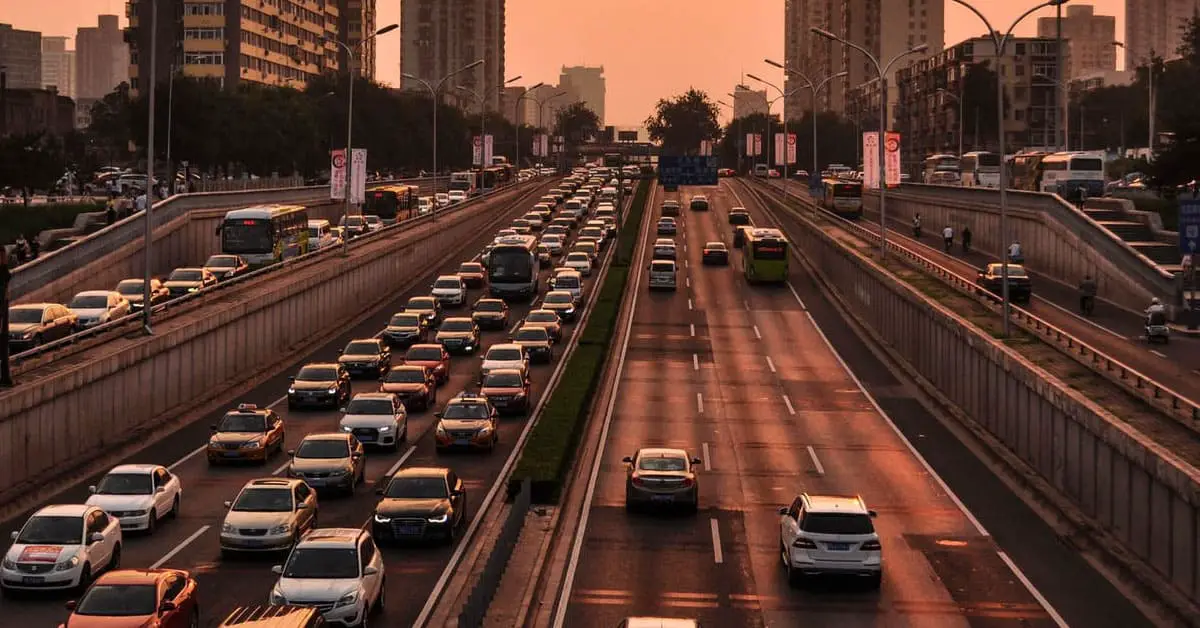In the past, purchasing a car was often considered a luxury. However, things are no more the way they used to be anymore; owning a car has now become a necessity for average people. It serves as a means of transportation and provides us with the independence to move freely from one place to another.
However, having a car isn’t without its issues; first, it requires daily inspection and regular maintenance to keep it from breaking down unnecessarily. Even if you have a calendar for taking care of your vehicle’s routine maintenance tasks, another issue you need to be worried about is poor driving habits.
Furthermore, when it comes to poor driving habits, one of the many questions that come to mind is; which is better between accelerating fast and accelerating slow?
Both options have their strengths and weaknesses, but overall, accelerating slowly is better. From a fuel efficiency viewpoint, accelerating too fast is costly. Also, fast acceleration, coupled with hard braking could cause wear and tear on your vehicle. On the other hand, accelerating too slow can also damage your car.
Since accelerating too hard and too slow are both bad for your car; the question now is what is the most efficient way to accelerate your car? In the rest of this article, you’ll find answers to the burning question and a few others. So, keep reading.
What Is the Most Efficient Way to Accelerate Your Car?

Accelerate fast or accelerate slow? What is the most efficient way to accelerate your vehicle? This is one of the many questions that people ask when it comes to bad driving habit topics.
To answer the question, I’ll say that the most efficient way to accelerate your car is the one that helps you save gas, without necessarily stressing the transmission and engine. Just try to accelerate your car gently, but not too slow. According to NRCAN, the best way to accelerate your car gently is by taking 5 seconds to accelerate your car up to 12.5 mph (or 20 kilometers per hour) from a stop.
Here are a couple of factors to put in mind when trying to accelerate your car in the most efficient way.
Fuel consumption
According to a blog post by Toyota, one of the best ways to accelerate your vehicle is to press the accelerator pedal gently. The purpose of doing that is to help you economize your fuel.
Furthermore, according to experts, accelerating your vehicle pretty quickly requires more energy than accelerating smoothly or gently. That’s not all; a super-linear relationship between the rate of accelerating your vehicle and the fuel rate consumption. With that, it means the harder you accelerate your car, the more fuel you get to consume.
Stress on the engine and transmission
One of the ways you can put too much stress on your engine is when you make it work harder than necessary. Accelerating your car too slow will most likely prevent your engine from normal driving conditions. Unfortunately, if this happens, it can make the engine and even the transmission work extremely hard.
That’s not all; accelerating your car too hard will also put a lot of stress on your car engine. If this happens, apart from consuming a lot of fuel, it could also cause wear and tear to the car.
That said, the bottom line is to prevent accelerating your car too slowly or too hard. For instance, driving your car at 70 mph is considered accelerating the vehicle hard. However, according to the LA Times, compared to a drive speed of 35 mph, accelerating your car hard at 70 mph will be a good move, so far it’s not taking the engine up to the limit of its power.
Is It Bad to Accelerate Fast?
To answer this question, we need to first clear ourselves on what accelerating fast means. As previously illustrated, accelerating your car at a speed of 70 mph is usually considered fast. However, this high speed will most likely not cause any damage to your vehicle if it doesn’t take the car engine up to the limit of its power.
Also, a drive speed of 100 mph is considered accelerating hard. This high speed will most likely be considered bad if it makes the car engine work above its power. In this case, the acceleration will introduce additional stress on all the small moving parts of your engine, which is pretty bad for your vehicle.
Is It Bad to Accelerate Your Car Slowly?

There is this misconception that; if you accelerate your vehicle slowly, confining your driving to short city trips, your car engine will last longer. Well, you need to understand that this isn’t always the case.
What you don’t understand is that by accelerating your vehicle too slowly, you’ll be preventing the engine from normal driving conditions. When this happens, it’ll cause the engine as well as the transmission to work extremely hard.
Furthermore, according to experts, it’s sometimes good to drive your car harder. For instance, when you find yourself on freeways, driving the car at a high speed (once in a while) will do your car a lot of good than going slowly. The temperature of the engine combustion, at this point, will reach a peak. This will help the engine to burn off all the carbon deposits, keep it clean and free from malfunctioning.
Bottom line: accelerating your car slowly is great; it’ll prevent your car from wearing and tearing quickly. It’ll also help you economize fuel consumption. However, ensure you’re not moving the car too slow, as this could make the engine work too hard.
What Is the Best Acceleration for Fuel Economy?
Although I have already answered this question before, I’ll mention it again. The best acceleration for fuel economy sits in between accelerating too slow and accelerating too fast.
First, accelerating your car too slowly is not the best way to economize your fuel consumption. On the other hand, pressing the accelerator pedal too hard is also costly in terms of fuel economy. Ensuring to accelerate your car gently and allow the engine to work the right way is the best for fuel economy.

